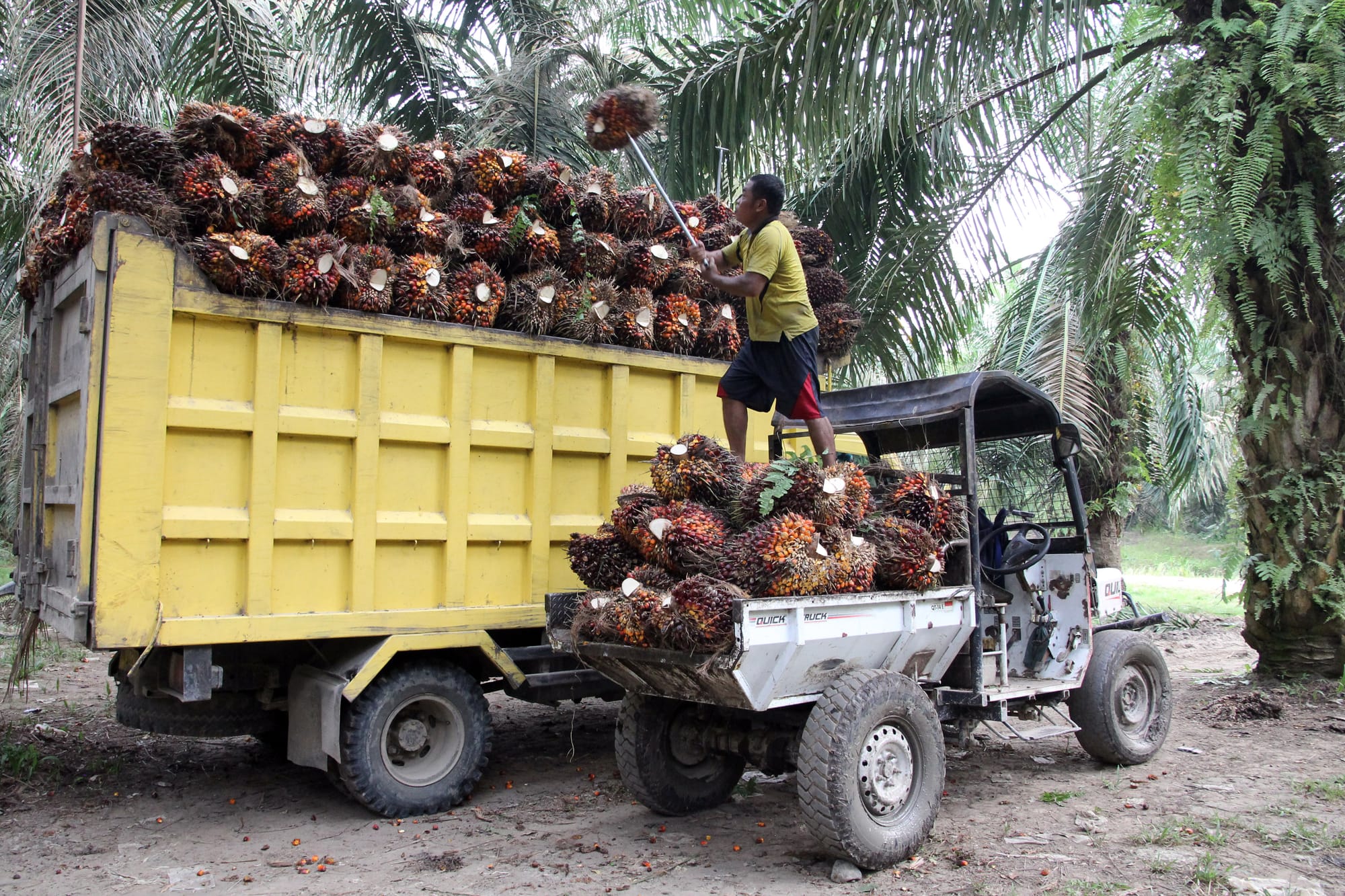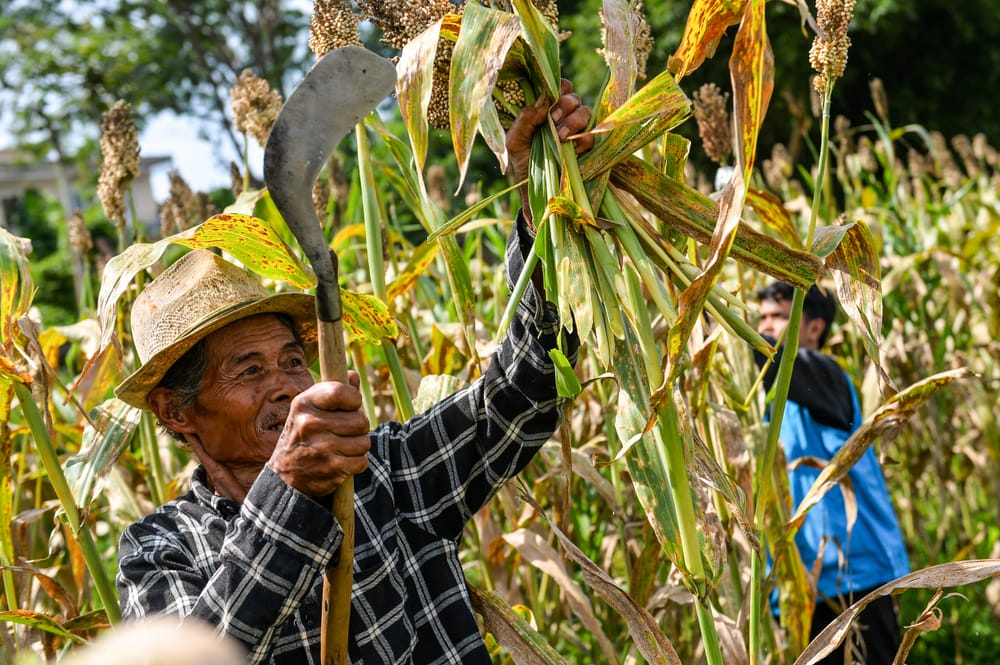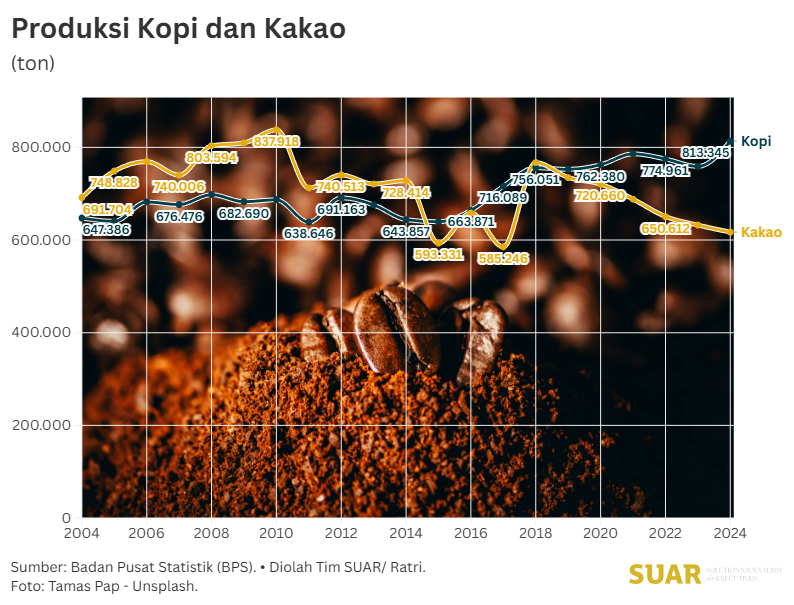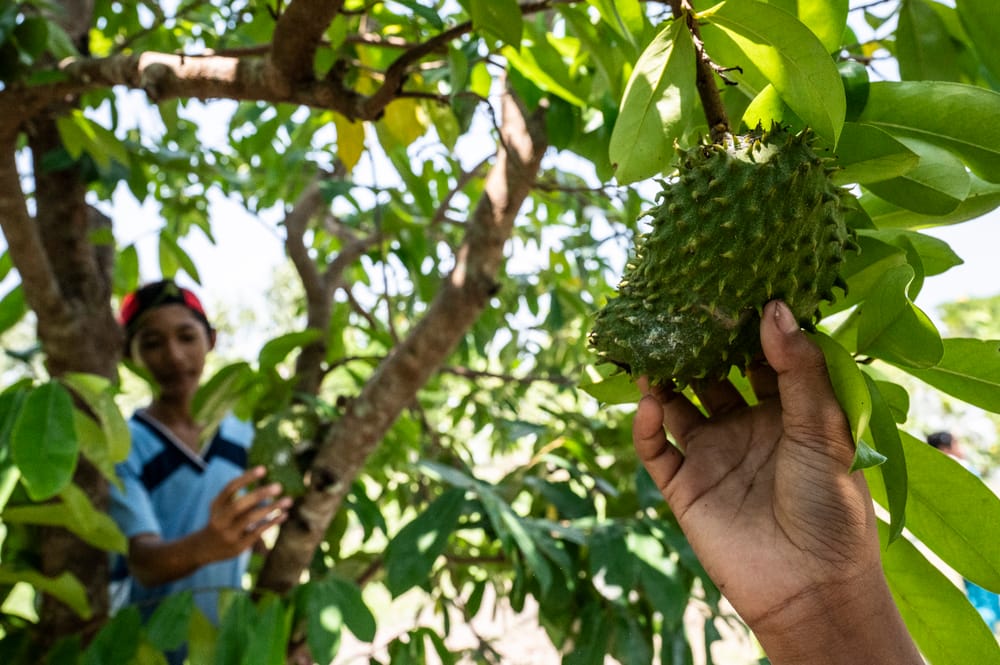The imposition of a 19% import tariff is not a frightening specter for the palm oil industry. In fact, they believe that Indonesia's crude palm oil exports to the United States are still promising, even though the 19% tariff took effect on August 7, 2025.
The Chairman of the Indonesian Palm Oil Association (Gapki), Eddy Martono, said that Indonesia is quite fortunate because the import tariff, which was originally planned to increase to 32%, was reduced to 19%.
However, Gapki still hopes that the government will continue to negotiate with the U.S. Government to reduce the import tariff to 0%.
Based on Gapki data, in the last five years, Indonesia's palm oil exports to the United States have shown an increasing trend. In 2020, the export volume reached 1.5 million tons. Then, it increased to 2.5 million tons in 2023, although it slightly decreased to 2.2 million tons in 2024.
The value of palm oil exports in 2024 reached US$2.9 billion, with Indonesia's market share in the US reaching 89%.
"Palm oil is the main ingredient in the food industry in America, such as margarine, which cannot be replaced by other vegetable oils," Eddy told SUAR on August 5, 2025.
"Palm oil is the main ingredient in the food industry in America, such as margarine, which cannot be replaced by other vegetable oils," said Eddy.

Need for market diversification
However, palm oil entrepreneurs cannot only depend on the existing market, while global conditions are hit by uncertainty. Therefore, Eddy emphasized the importance of market diversification, especially in anticipating the possibility of further trade wars that could affect other markets such as China and the European Union.
"Latin America and Africa are alternative markets that are being explored," said Eddy.
He also expressed his concern about the risk of a global recession that could suppress export demand in general. Therefore, he emphasized the importance of a strategy that is not only reactive to the US, but also anticipatory of global dynamics.
One example of a company that has been able to demonstrate resilience and positive growth amidst these conditions is PT Astra Agro Lestari Tbk (AALI).
PT Astra Agro Lestari Tbk (AALI) recorded positive performance throughout the first semester of 2025, with significant growth in terms of both revenue and net profit. The financial report as of June 30, 2025, recorded a surge in net profit to Rp 702.12 billion.
President Director of Astra Agro Lestari Tbk (AALI) Djap Tet Fa said that the figure jumped by 40.13% year-on-year or year-on-year (YoY) from Rp 501.04 billion in the same period of the previous year. This increase also boosted earnings per basic share to Rp 364.80; from the previous Rp 260.32.
"The profit growth is in line with AALI's net revenue which skyrocketed 40.05% YoY to Rp 14.44 trillion, compared to Rp 10.31 trillion in the first semester of 2024," he said in an official statement received by SUAR on August 5, 2025.
For AALI, sales of crude palm oil and its derivatives are still the backbone of revenue, with the value also increasing from Rp 9.63 trillion to Rp 12.81 trillion.
Sales of palm kernel and its derivatives also jumped sharply to Rp 1.60 trillion, from previously only Rp 643.60 billion. Meanwhile, the contribution from other income was recorded at Rp 22.16 billion.
Indonesia itself is the largest CPO producer and exporter in the world and the second largest coconut producer in the world. The palm oil industry has played a vital role in the national economy. Not only as the largest contributor of foreign exchange from the non-oil and gas sector, but also as a source of livelihood for millions of workers.
The palm oil industry has played a vital role. Not only as the largest contributor of foreign exchange, but also as a source of livelihood for millions of workers.
Most of Indonesia's CPO products are exported to countries such as India, China, and the European Union. However, this industry faces complex challenges – especially related to environmental issues.
The clearing of oil palm land is often criticized as a cause of deforestation and loss of habitat for various animals in forest areas.
In addition, geopolitical dynamics and trade policies of destination countries also affect the stability of the Indonesian CPO market, thus encouraging industry players to continue to adapt and seek alternative markets.
Encourage ISPO certification
The government, as a regulator, is trying to strengthen its commitment to sustainable palm oil management through various strategic steps. One of them is by issuing Presidential Regulation Number 16 of 2025.
This regulation is an important step in expanding the scope and strengthening the Indonesian Sustainable Palm Oil (ISPO) Certification system.
The Head of the Application and Quality Control of Plantation Products Subdivision, Ministry of Agriculture, Ratna Sariati, explained that ISPO is not just a label, but a comprehensive system that ensures that oil palm businesses are economically, socio-culturally, and environmentally sound and comply with laws and regulations.
"ISPO certification is written proof that oil palm plantation management has met these sustainability principles, thereby encouraging export sustainability," she told SUAR recently.
The legal basis for ISPO refers to Law Number 39 of 2014 concerning Plantations, specifically Articles 2, 3, and 62.
The implementation is outlined in Presidential Regulation Number 44 of 2020, which has now been updated to Presidential Regulation Number 16 of 2025. This change includes expanding the scope from upstream to downstream, including the processed industry and bioenergy sectors.
Thus, ISPO is not only the responsibility of the Ministry of Agriculture, but also involves the Ministry of Industry (Kemenperin) for the downstream sector and the Ministry of Energy and Mineral Resources (ESDM) for bioenergy.






